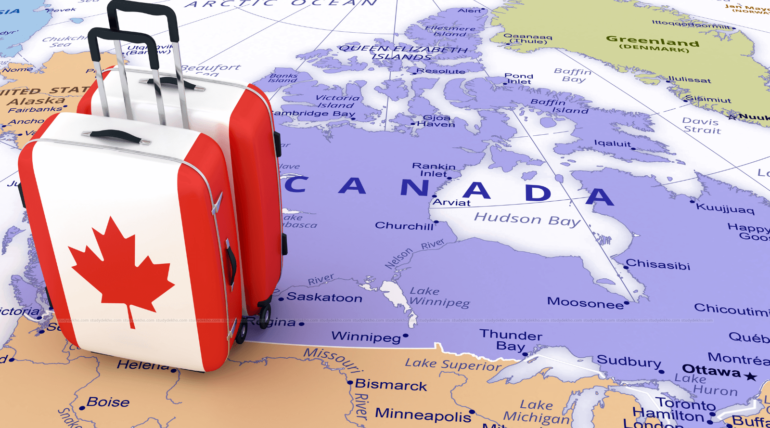
April 27, 2023
Permanent residency in Canada is a significant milestone for those seeking to make this beautiful country their long-term home. Let’s explore the key requirements and pathways to obtaining Canadian permanent residency:
Express Entry (Skilled Workers and Professionals):
- The Express Entry system is a popular route for skilled workers and professionals. Here’s what you need:
- Age: There’s no specific age limit, but younger applicants receive more points.
- Education: A recognized educational credential (such as a bachelor’s degree or diploma).
- Work Experience: Relevant work experience (usually at least one year) in a skilled occupation.
- Language Proficiency: Prove your language skills in English or French through standardized tests (like IELTS or CELPIP).
- Adaptability: Factors like previous work or study in Canada, family ties, or a valid job offer.
- Express Entry Profile: Create an online profile and enter the Express Entry pool. If you meet the criteria, you’ll receive an Invitation to Apply (ITA) for permanent residency.
- The Express Entry system is a popular route for skilled workers and professionals. Here’s what you need:
Provincial Nominee Programs (PNPs):
- Each Canadian province and territory has its own PNP. They nominate candidates based on their specific needs.
- Research PNPs related to your occupation and apply directly to the province or territory.
- If nominated, you’ll receive additional points in the Express Entry system.
Quebec Skilled Worker Program (QSWP):
- Quebec has its own immigration system. If you plan to settle in Quebec, apply through the QSWP.
- Requirements include education, work experience, language proficiency, and adaptability.
Atlantic Immigration Pilot (AIP):
- If you’re interested in the Atlantic provinces (New Brunswick, Prince Edward Island, Nova Scotia, or Newfoundland and Labrador), consider the AIP.
- You’ll need a job offer from an employer designated by the AIP.
Family Sponsorship:
- If you have a close relative (like a spouse, parent, or child) who is a Canadian citizen or permanent resident, they can sponsor you.
- The sponsor must meet certain income requirements and commit to supporting you financially.
Business and Entrepreneur Programs:
- If you’re an entrepreneur or investor, explore programs like the Start-up Visa or provincial business streams.
- These programs require a viable business plan, investment, and commitment to creating jobs in Canada.
Self-Employed Persons Program:
- Artists, athletes, and cultural workers can apply under this program.
- Show that you’ve been self-employed in cultural or athletic activities and intend to continue in Canada.
Additional Considerations:
- Police Verification Certificate: You’ll need to provide a police clearance certificate from your home country.
- Medical Examination: A medical exam is usually required to ensure you’re in good health.
- Residency Obligation: Once you’re a permanent resident, maintain your residency status by meeting the residency obligation (spending at least 730 days in Canada within the last five years).
Learn more

